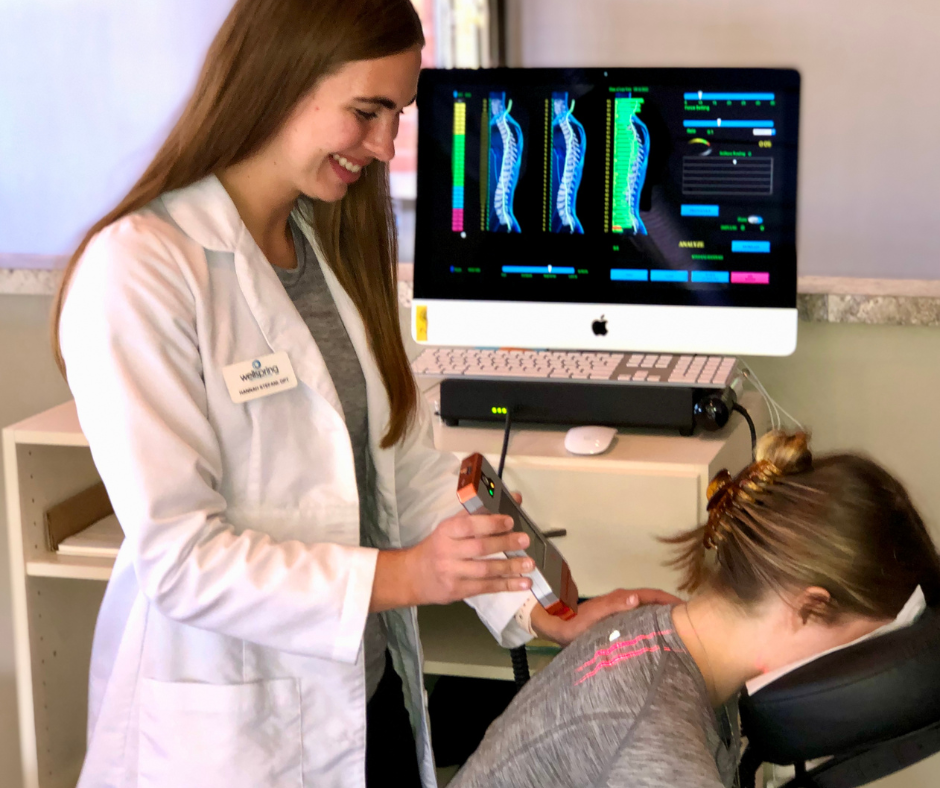Concussion
What is a Concussion?
A concussion is a traumatic brain injury triggered by violent shaking or jarring. Sports concussion is a type of mild traumatic brain injury (mTBI) caused by shaking or jarring of the brain. The brain moves within the skull when a concussion is caused by a bump, rough blow, or jolt to the head or body.
In the event of a sports concussion, the brain hits the inside of the skull, causing changes in brain chemistry and structural damage. The symptoms will vary depending on the part of the brain affected.
Are concussions serious?
It is important not to judge an injury solely based on its appearance. Of course, breaking a bone or tearing a ligament will cause a scene, but this is not the correct way to assess an injury! Everyone can see the pain on the athlete’s face when an athlete blows out their knee. The pain confirms what everyone else already knows: this is a real, painful injury that needs medical attention.
Because sports concussions usually aren’t life-threatening, concussions are considered “mild” traumatic brain injuries. The fact is that concussions are still brain injuries, and if they are not appropriately treated by a healthcare professional, they can have severe long-term effects on the brain.
On T.V. a person hitting their head might be knocked unconscious for a moment, or they could be able to stand up afterward. Dizzy, dazed, or unable to think straight, they may need a second to gather their thoughts before returning to what they were doing. There isn’t much visible damage to the head here, so the head injury doesn’t look as serious. Unfortunately, it isn’t treated as seriously as concussions.
Broken bones may be visible, but concussions are in many ways worse. Ensuring that the brain can regain optimal function following a brain injury requires immediate and ongoing medical attention. A concussion is often portrayed on TV as an anti-climactic event, one that will be over within a few days, if not hours. However, these traumatic brain injuries can negatively impact a person’s quality of life for several months, whether due to a fall, shaking, car accident, or a direct blow to the head. It goes without saying that you shouldn’t believe everything you see on TV!
Concussions disrupt normal brain wave patterns and can create chronic imbalances in brain function. Whether the brain injury results from a car accident, trip and fall, or a sports incident, concussion therapy is essential to ensure no lasting damage results from the trauma.
Concussion Therapy: Where To Go Post-Trauma
Traumatic brain injuries can range significantly in severity. While some are relatively minor and may not require long-term treatment, others can result in debilitating, lifelong effects requiring more intensive care.
A traumatic brain injury should be treated by resting and taking it easy in the days and hours afterward. Resting your brain means avoiding all stimuli and simply relaxing, which is challenging for many people.
Avoid watching television, using your phone, reading, listening to intense music, talking too much, and moving around. This may sound boring, but this is precisely what your brain needs to recover. Just like you’d put your feet up for a day or two after injuring your ankle, you need to give your brain time to rest and recover after this kind of injury.
You are not likely to be referred for concussion therapy during this time. It is essential that you first see your doctor for treatment and assessment of your brain injury. Then, you need to follow the post-concussion instructions and the information from your doctor to give your brain a chance to bounce back. Meanwhile, complete rest is the best way to manage the uncomfortable symptoms of a concussion, including vomiting, confusion, weakness, and headaches.
After a few days, if your concussion symptoms are not improving, you should consider physical therapy at Wellspring Health Center. Seeking treatment for a concussion at this time can prevent long-term problems and help you get back to everyday life more quickly.
It’s important to be aware of the long-term symptoms you can experience without therapeutic intervention:
- Muscle weakness and spasms
- Decreased libido
- Disrupted menstruation and infertility
- Chronic headaches
- Fatigue
- Changes in weight
- Sleep disorder
When should I get help for a concussion?
Untreated concussions can impede growth in young children and cause early dementia in older adults. Fortunately, the profession of physical therapy is constantly innovating new approaches to assist individuals suffering from long-term concussion problems.
If you believe you have suffered a concussion, please contact Wellspring Health Center in Eden Prairie, MN immediately so we can do a thorough exam and get you on a recovery plan.




